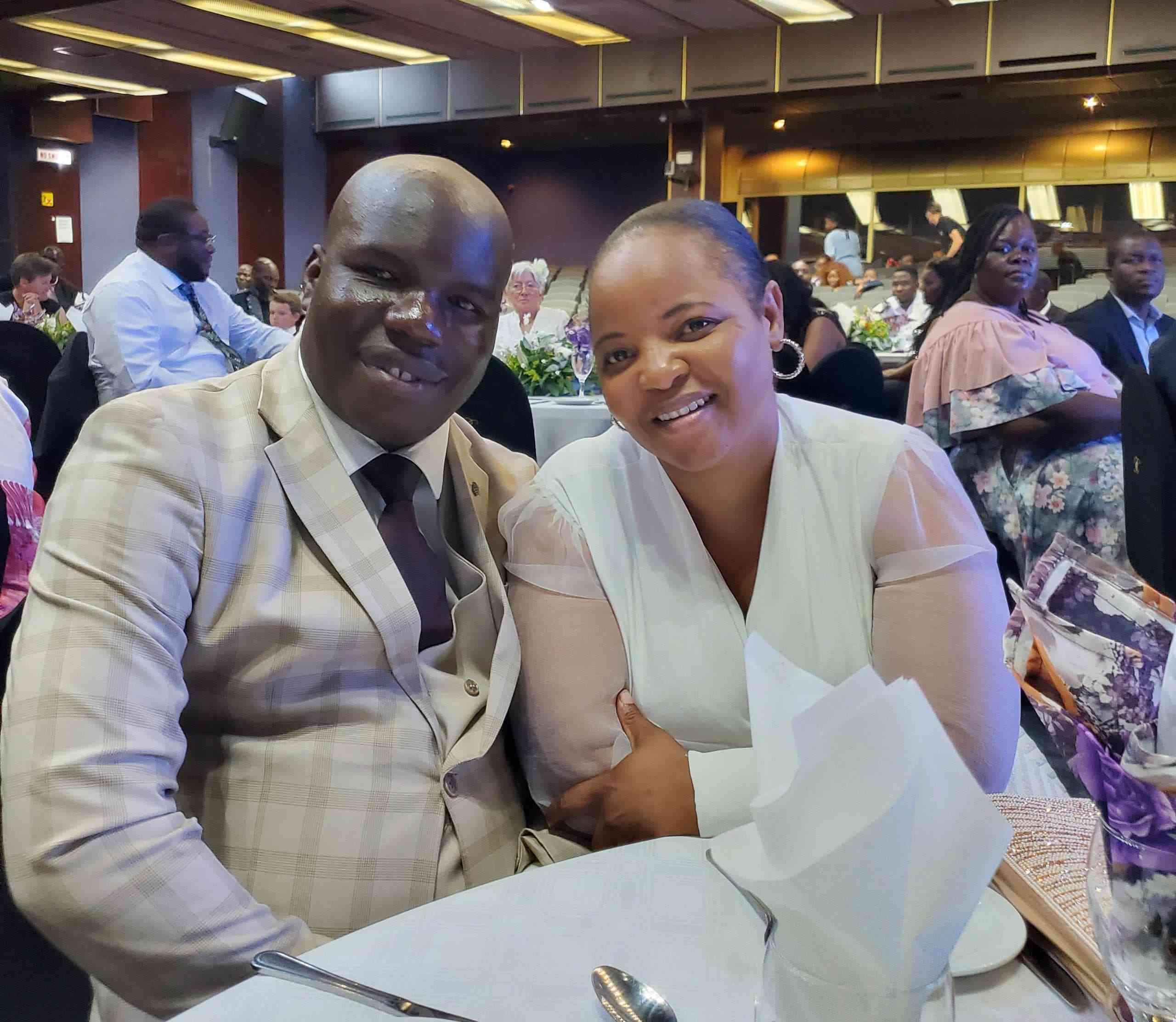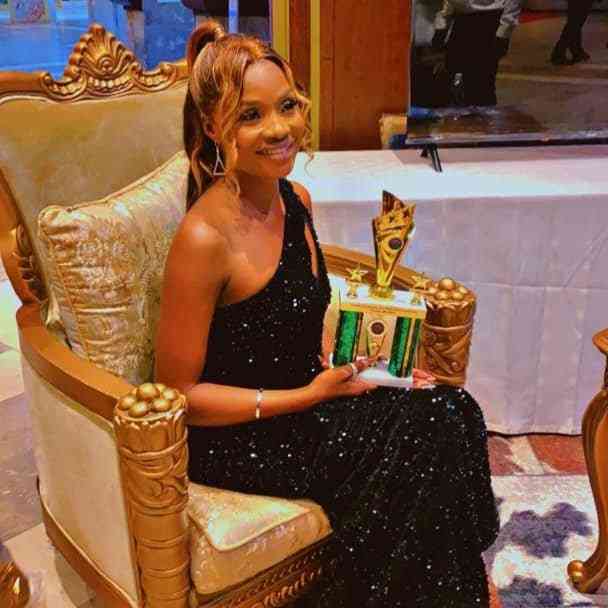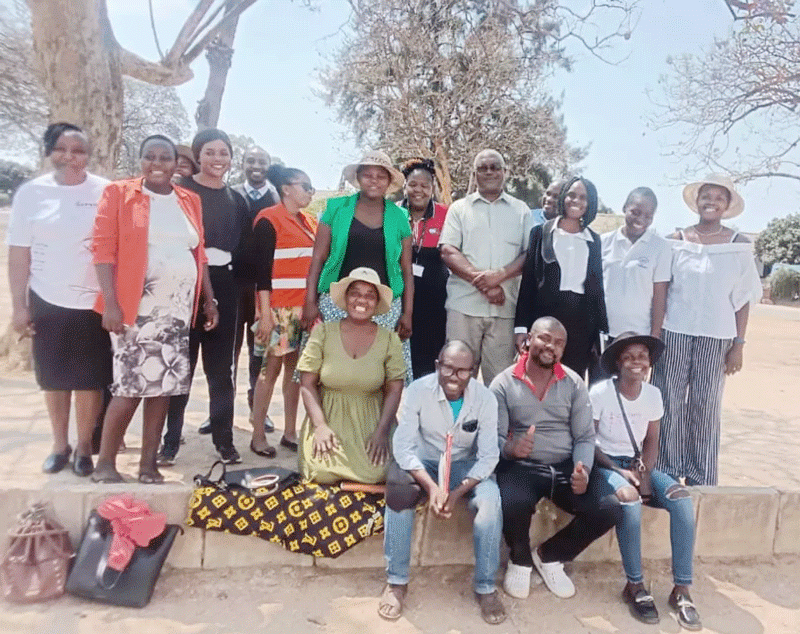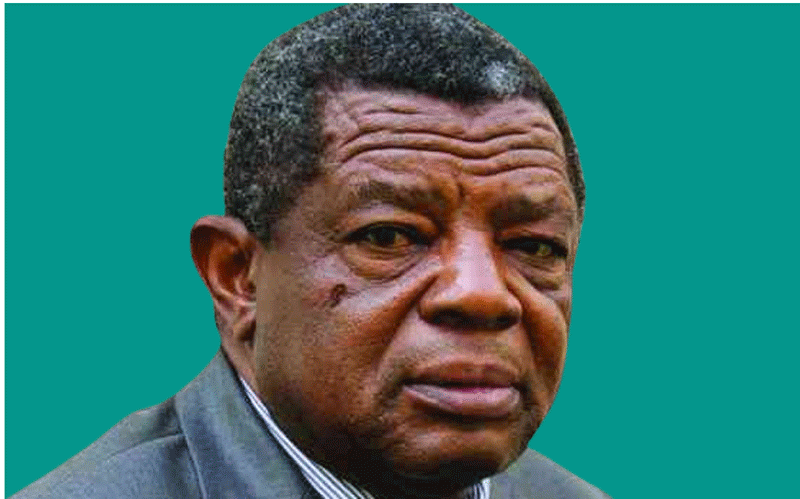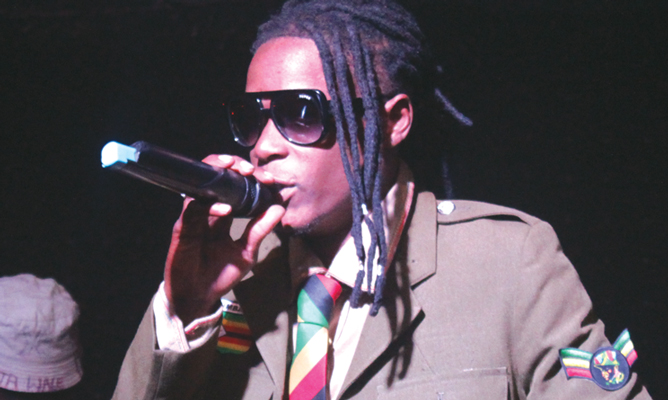
BY GILBERT MUNETSI
The late Saul Musaka, aka Soul Jah Love, was one of the pioneer youths, who helped popularise the urban grooves movement before he decided to migrate to Zimdancehall from which he became an instant hit.
Soul Jah Love worked with the likes of Mafriq, Roki, X-Q and Leonard Mapfumo and even helped Roki and Pauline pen songs like Zuva neZuva.
Colleagues he grew up with in both New Canaan (Highfield) and Waterfalls recently spoke of a young talent, who was determined and would not let life’s hurdles get in the way of his first love — music.
“There was a lot of death in the family and he had so much to draw inspiration from, albeit challenges of a negative nature,” said Disqord from the popular urban grooves outfit Mafriq. Disqord grew up playing with the late Musaka in 227th Street in New Canaan.
“First he lost his mother when he was a toddler and went on to lose his twin brother, John, who succumbed to asthma at a time when he, too, had been diagnosed of diabetes,” Disqord said.
“He became withdrawn due to this loss of his twin brother and as fate would have it, he had also been diagnosed with diabetes and was taking insulin. As young people growing up, most of our colleagues we played with then thought that Soul Jah Love was already into hard drugs and a nickname, ‘Chigunduru’, was coined for him.
“The father also passed on and living with a stepmother was never a rosy experience. Eventually, he was chucked out of the house by way of a peace order and such experiences gave birth to some of the lyrics that made up some, if not most, of his music.” Soul Jah Love, described by childhood friends as quiet, humble and “saladish”, grew up under the care of his grandmother following the death of his mother Stembeni. He went to Mhofu Primary School where he exhibited profound love for the sport of football.
- Chamisa under fire over US$120K donation
- Mavhunga puts DeMbare into Chibuku quarterfinals
- Pension funds bet on Cabora Bassa oilfields
- Councils defy govt fire tender directive
Keep Reading
“We also had this entertainment spot called PG and you would find Saul playing video games, particularly King of Dragons and Ninja Turtles”, reminisced Augustine Muhodobi (aka Boss Gus).
From Highfield, Musaka’s family moved to Waterfalls and he was enrolled at Frank Johnson Primary School and, later, at Lord Malvern High for secondary education. It was at this time that he met Roki and they forged a musical relationship that would see them spend hours on end in the studio doing music. It was also then that Roki received a studio kit donation from the then first lady, Grace Mugabe, with which he was instructed to uplift other “delinquents” with a passion for music.
Saul, by virtue of having been born in the month of February, was also fortunate to meet and pose for photographs with former president Robert Mugabe during the 21st February Movement commemorations and this could have inspired him to pen songs related to revolution a bit later into his musical journey.
Subsequently on his passing-on, he was conferred with liberation hero status and was yesterday interred at Warren Hills Cemetery with full military hero honours.
Musaka was also fortunate in that one of his elder brothers, Spicy T, was a club DJ at entertainment joints such as Turtles, Tropicana and Synergy and the role model effect contributed to more lover for music. He was born in a sizeable family where there were five boys and three girls. Names of some of his other siblings are Ephraim, Edmore, Tendai, John, Gladys and Caroline. Most of them have since migrated to the UK and South Africa.
While still in Waterfalls, Soul Jah Love was visited by Ras Caleb from Masvingo and this was when he decided he would pursue reggae music which he described as “revolutionary and an inspiration to the ghetto youths”.
“Naturally, Soul Jah Love loved rhymes and he would say he wanted to produce music of the streets that would enable him to communicate with ghetto youths.
“And so, together with Ras Caleb, they would walk to Mbare where Soul Jah Love met Changara, was introduced to Chill Spot Records and, as they say, the rest is history”, said DJ Munya, who lived a stone’s throw away from the Musaka family homestead in Highfield.
“He was one of the pioneers of social commentary and always loved to tell his story through music. He also established his own formula which became a trademark and a signature.
“Despite the stint in a low-density set-up, he never forgot his roots and would make regular trips back to Highfield to mix and mingle with us. It was from those visits that he met Mudhara Zikali and also from it that he held his first live show at Kamunhu shopping centre in Mabvuku,” added DJ Munya.
Other people were to later come into the crooner’s life, among them the likes of Father Paris, who was also to become his manager and producer at one time. A lucky tune (Ndini Uya Uya) and favourable airplay later, Soul Jah Love churned out hit after hit in a discography that is as long as the arm.

